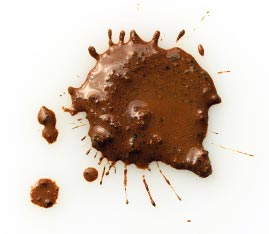 Here are three tactics that candidates sometimes to gain an online advantage over an opponent. These are three of favorite dirty tricks, but only one of these is really ‘dirty’, though. Guess which one!
Here are three tactics that candidates sometimes to gain an online advantage over an opponent. These are three of favorite dirty tricks, but only one of these is really ‘dirty’, though. Guess which one!
Stealing a domain name. This can be painful if your opponent registers your name as a domain name. You can try to get the name for yourself, but that can take time and become an unnecessary distraction. If an opponent registers a domain of your name, does nothing with it and does not send the traffic to another site, you might want to move on and register a different name.
Back linking bad things about a political opponent. This really isn’t a ‘dirty trick’, and it’s a strategy that any party can implement. Basically, you take a bad or embarrassing article about an opponent and link to it from multiple sources. This works better on smaller campaigns with less overall online exposure. Done properly, you may be able to ‘push’ up that item in the search results for people searching for that person. One tip – use the candidate’s name as the text of the link!
Micro sites. This is where a campaign sets up a small website that focuses on a single issue or a flaw of an opponent. These sites are typically negative by nature. By targeting a more specific audience, you can provide with a single point of reference. One advantage of this technique is that you can keep ‘negative’ material off of your main campaign site. (Online Candidate websites can be used for this purpose.)
There are, of course, much nastier things being done online between political opponents. We don’t advocate stealing domain names, but back-linking and building micro-sites are effective tactics – particularly if they are backed by facts and the truth.
Sign up below for more political campaign tips and ideas.
Book Review – The Campaign Manager by Catherine Shaw »





